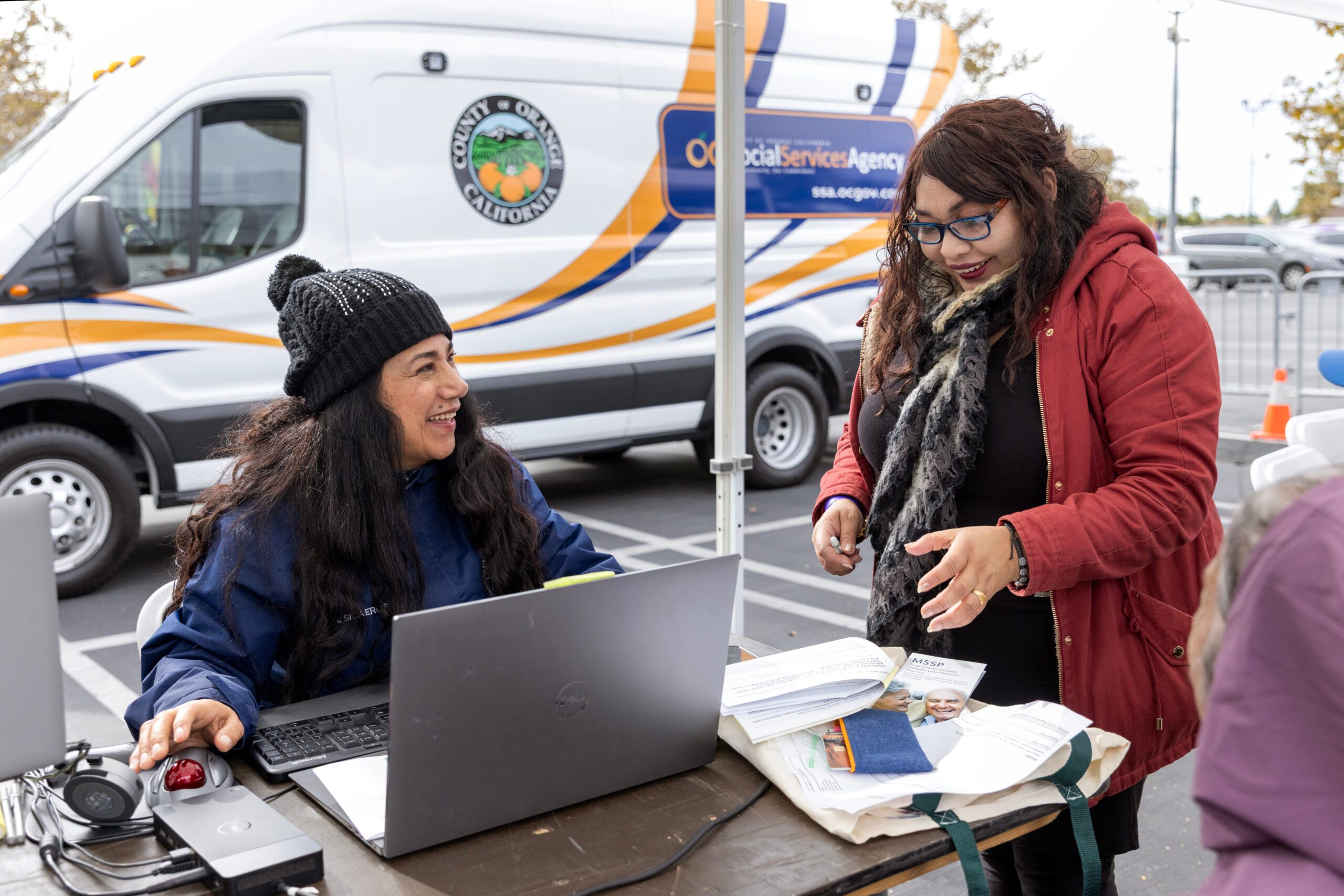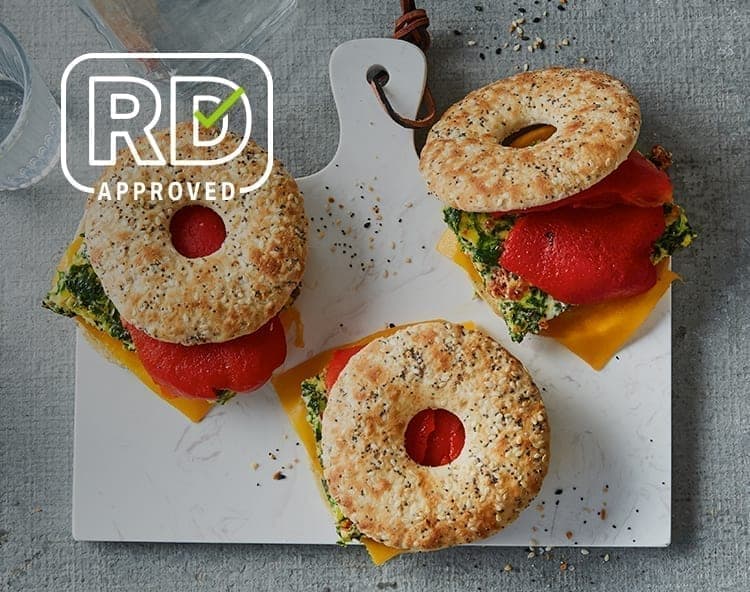The usual advice when it comes to using social media is that you should avoid it if you want to stay confident or content with your life, but this notion is usually more on the visual side of social media.
Interestingly enough, an article published in the Journal of Consumer Psychology says that social media is able to make a person even overconfident, that is, at least in their subjective knowledge.
PHOTO: Unsplash/Emmanuel IkwuegbuThere’s no denying it anymore that social media has become a part of our lives. Information is easily accessible with a few clicks, taps, or scrolls.
In the study, researchers from The University of Texas at Austin say that sharing online content such as news articles may result in an individual thinking that they know more about the things that they share, regardless if they read it whole or not.
There have been studies in the past that show that the majority of people, social media users usually, only read headlines of online articles before immediately sharing it to their friends or followers. One study revealed that an astonishing 70% of Facebook users only read the headline before engaging in discussion under a post.
The rise in confidence comes from some sort of superiority that sharing an article gives, it gives an individual an air of expertise as though they took part in writing the news articles themselves. Well, maybe I’m being too harsh with my wording here but you get the idea.
 PHOTO: Unsplash/Joseph Frank
PHOTO: Unsplash/Joseph Frank “By putting information online, sharers publicly commit to an expert identity. Doing so shapes their sense of self, helping them to feel just as knowledgeable as their post makes them seem,” UT News wrote.
People frequently internalize their public behavior into their private self-concepts, the researchers say. Different studies were made to test their theory that sharing without reading increases subjective knowledge; The researchers gave undergrad students with a set of online news articles and they were given the option to read, share, or do both.
After distributing the online news articles, the researchers tested the knowledge of the students for each article. Those who chose to read articles showed an increase in both objective and subjective knowledge, naturally. Those who shared articles showed an increase only in subjective knowledge.
Digging deeper, participants made themselves believe that they are more knowledgeable about a topic than they really are even with just reading headlines. Sharing news articles publicly “commits the sharer to an expert identity” when they share an article of their own choosing under their own name or profile and when they share with friends.
 PHOTO: Unsplash/bruce mars
PHOTO: Unsplash/bruce mars The researchers’ seventh and last study explores how an artificial sense of knowledge can affect an individual’s behavior when it comes to financial decision-making. An article about investing was assigned to 300 Facebook users, divided between a sharing and no sharing group. Both groups were then exposed to a “robo-advised retirement planning simulation” that told them that stocks are considered as an aggressive investment rather than the conservative investment of bonds.
Hypothetical money was distributed to the participants for their retirement funds and this resulted in the sharing group investing more on stocks. Adrian Ward, author of the study, said, “When people feel they’re more knowledgeable, they’re more likely to make riskier decisions.”
Co-author Susan Broniarczyk added, “If people feel more knowledgeable on a topic, they also feel they maybe don’t need to read or learn additional information on that topic. This miscalibrated sense of knowledge can be hard to correct.”
The last statement is scary to think about, honestly. It gives way to stubborn thinking, maybe even a bit of backwards thinking.
If you’re reading this, congratulations! You didn’t just stop at the headline and actually read the whole thing. You’re in the (superior) minority and you have ultimately gained some knowledge by just reading this today.
Provide Mammograms
Support those fighting Breast Cancer at The Breast Cancer Site for free! →
WhizzcoOriginal Article










